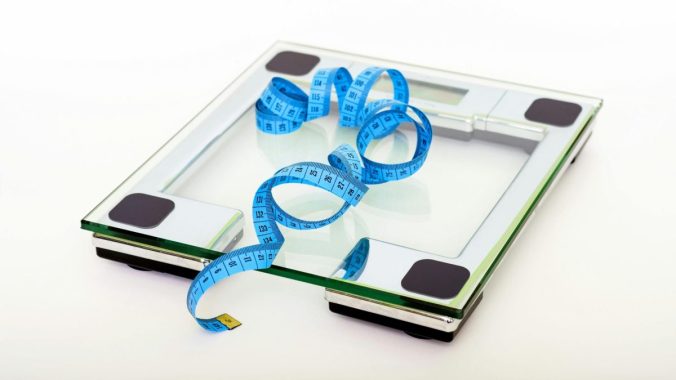Authorities and researchers have a responsibility to the public to disseminate information about risks identified through research. Dissemination of information and education are also an important part of public health efforts to influence norms about lifestyle habits and support individuals in making informed choices about their health.
Research has found links between overweight and at least 13 different types of cancer, including colorectal cancer and postmenopausal breast cancer. Preventing and treating obesity could therefore lead to fewer cancer cases in the future. The European Code Against Cancer presents 12 actions individuals can take to reduce their cancer risk. These include lifestyle changes, protection from certain chemicals, participation in vaccination and screening programs, and maintaining a healthy weight.
This type of information suggests that preventive measures can be controlled and influenced by the individual. It is the individual who is expected to act. However, perceptions that individuals have control over the causes of cancer can lead to stigmatization and blaming of cancer patients, as well as the belief that the disease is self-inflicted. Such harmful effects of health information have been observed in previous campaigns aimed at raising public awareness of the link between smoking and lung cancer. Overweight and obesity are already stigmatized conditions. People with overweight and obesity face discrimination in all sectors of society, including healthcare, which can have negative physical and psychological consequences. Therefore, when informing about overweight as a cancer risk factor, it is important to consider the risk of reinforcing the widespread stigmatization of people with overweight.
In a new interview study, I and three other researchers explore how people with overweight are affected by health information about the link between overweight and cancer. Participants highlighted several ethically important factors to consider when communicating this health risk, such as the risk of stigmatization, the distribution of responsibility for treatment and prevention, and the need for empathy. Participants perceived risk information about the link between overweight and cancer as personally important. It concerns their bodies and health. However, the information was burdensome to carry. It felt tough to be singled out as high-risk for cancer. This was partly because they found it difficult to act on the information, knowing how hard it is to lose weight: “No one is overweight by choice.” The information could therefore have counterproductive consequences such as anxiety and overeating. It could also reinforce feelings of failure and increase self-hatred. Many participants reported negative experiences from healthcare encounters where they felt judged and misunderstood. Moreover, adequate support for weight loss is often lacking. The information thus becomes meaningless, they argued, and was perceived as offensive and patronizing.
The study participants contributed several suggestions for improvement. They called for information that includes the complex causes of overweight and clear guidance on how to reduce cancer risk in various ways – not just through weight loss, but also through alternative methods. They also emphasized the importance of healthcare professionals showing empathy and offering person-centred care that considers the individual’s unique situation and needs. This includes concrete and feasible advice, as well as support for patients in their efforts to improve their health.
In our article, we emphasize that health communication often lacks both ethical considerations and clear objectives (beyond the obligation to be transparent). Public health interventions should, like clinical interventions, be based on ethical considerations and principles where the positive effects of the intervention are weighed against potential negative effects (or “side effects”). Sometimes, some harm may be acceptable if the benefit is sufficiently great. But currently, the benefit of information about the link between overweight and cancer appears minimal or non-existent, making negative consequences unacceptable. Our conclusion is that such risk information for people with overweight and obesity, if it is to promote health and avoid causing harm, should be empathetic, supportive, and based on an understanding of the complex causes of overweight. By acting responsibly and compassionately, healthcare professionals and researchers can help improve health outcomes for this target group.
If you want to read our interview study, you can find it here: Perceptions of cancer risk communication in individuals with overweight or obesity – a qualitative interview study.
Want to know more?
European Coalition for People living with Obesity
Different links between overweight and cancer risk – Uppsala University

Written by…
Åsa Grauman, researcher at the Centre for Research Ethics & Bioethics.
Grauman, Å., Sundell, E., Nihlén Fahlquist, J., Hedström, M. Perceptions of cancer risk communication in individuals with overweight or obesity – a qualitative interview study. BMC Public Health 25, 1900 (2025). https://doi.org/10.1186/s12889-025-23056-w
We care about communication




Recent Comments